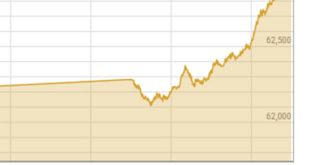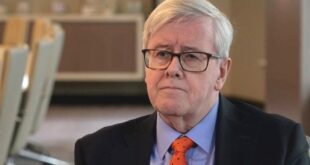Islamic financial tools are experiencing a surge in popularity in Pakistan, marking a significant shift in the financial sector. Over the last two decades, Islamic banking has seen remarkable growth in the country, beginning its ascent in the early 21st century. This growth has been characterized by increased profitability, market share, deposits, assets, financing customers, and product offerings. The sector has also seen several conventional banks being acquired by Islamic banks, including a notable conversion of a conventional bank into an Islamic bank.
One key development in this area was the transformation of Al-Meezan Investment Bank into Meezan Bank in 2002, which then became a full-fledged Islamic commercial bank. Meezan Bank made significant acquisitions, including the operations of Société Générale S.A. and HSBC in Pakistan, showcasing the trend of Islamic banks acquiring foreign banks to convert them to Sharia compliance.
BankIslami and MCB Islamic Bank have also expanded through acquisitions, highlighting the dynamic growth and consolidation within the sector. Faysal Bank’s transition from a conventional to an Islamic bank illustrates the broader movement in Pakistan’s banking industry towards Sharia-compliant banking. This transition has positioned Faysal Bank as the second-largest Islamic bank in Pakistan, with a vast network serving over 220 cities.
The trend towards Islamic banking is backed by positive assessments from financial institutions like Moody’s Investor Service, which predicts more conversions to Islamic banking given the sector’s growth potential and strong performance. This shift represents a significant evolution in Pakistan’s banking landscape, encouraging other conventional banks to consider transitioning to Sharia-based systems.
 Pakish News We are an interactive media group that here a purpose to update users with the latest information. Our mission is to give you knowledge not only about your surroundings. We will also update you around the Globe.
Pakish News We are an interactive media group that here a purpose to update users with the latest information. Our mission is to give you knowledge not only about your surroundings. We will also update you around the Globe.



